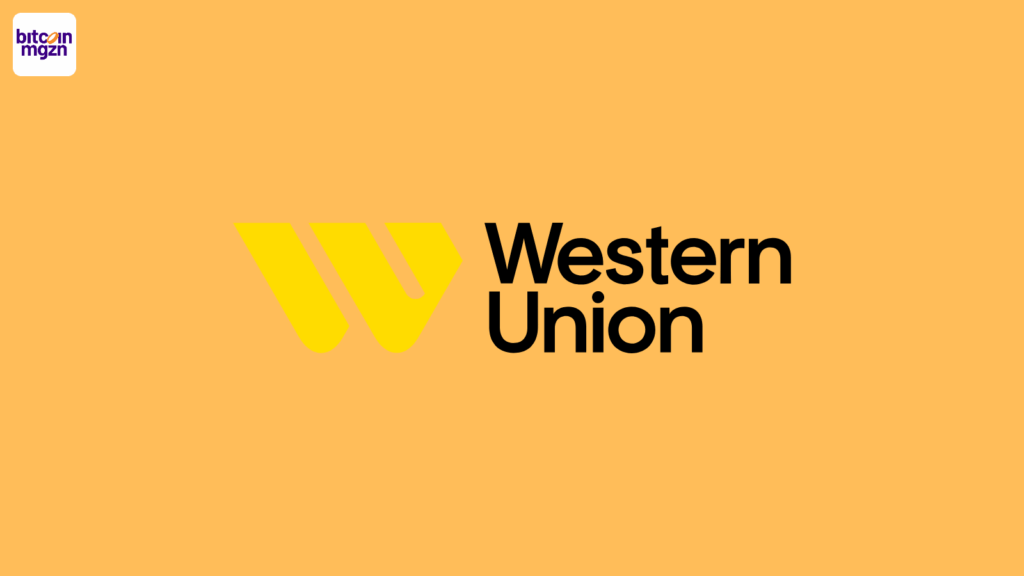Qatar pushes tokenization with launch of QCD money market fund
QNB Group (Qatar National Bank), along with Standard Chartered, and DMZ Finance have officially launched the Dubai International Financial Centre’s tokenized money market fund, the QCD Money Market Fund (units in QCDT).
The QCDT fund, managed by QNB Group, with DMZ providing the tokenization infrastructure and Standard Chartered offering custodial services, will be eligible as collateral and adopted by global exchanges as a mirrored collateral asset. The fund appointed Capricorn Fund Managers (DIFC) Limited (CFMD) as the Fund Manager.
Qatar drives tokenization of RWAs through QCDT
Silas Lee, CEO of QNB Singapore, commented on the the QCDT fund launch. She noted that the tokenized money market fund is a pivotal advancement using blockchain. It empowers investors to integrate high-quality yield-bearing assets from traditional finance into the digital economy.
The fund will bring US Treasury bills and USD-denominated deposits into digital tokens, making them accessible, liquid, transparent, and ready to be used in smart contracts as collateral for trading credits and loans.
Silas Lee states, “QNB Group, together with our partner DMZ Finance, is extremely proud to be at the forefront of bringing this initiative to a wider pool of investors across traditional finance and the digital world. We believe we are at the beginning of something exciting, and as the market continues to evolve, we are committed to staying ahead of the curve and helping define the banking of the future.”
Rola Abu Manneh, the CEO of Standard Chartered in the UAE, the Middle East, and Pakistan, reiterated the importance of the QCDT launch, showcasing how this builds the UAE’s ambition to develop tokenized markets.
Nathan Ma, Co-Founder and Chairman of DMZ Finance, noted, “With strict asset segregation and deep collaboration with banking partners, QCDT will unlock significant potential in addressing liquidity needs. Upon launch, major institutional clients and listed companies have started coming on board.”
Qatar has been at the forefront of tokenization. In a recent report about digital assets policy, Yousuf Mohamed Al-Jaida, the Chief Executive Officer of QFC, emphasized the need to lay strong foundations for tokenization. He said, “Tokenization can unlock real value by making assets more accessible and easier to transfer. We need a clear system that combines robust regulation, secure custody, and practical application to realize this potential. This will create a trusted environment that enables institutional adoption and drives sustainable market growth.”
Highlighting the practical application of digital tokens, Henk J. Hoogendoorn, the Chief Financial Sector Officer at QFC, said, “Tokenization must serve a purpose. It should democratize access and create real-world value. Qatar is committed to making tokenization of real-world assets a success.”
The report came out during the inaugural Digital Assets Policy Roundtable. The event was hosted by the Qatar Financial Centre (QFC). It was held in partnership with Global Stratalogues and the Global Blockchain Business Council (GBBC). The roundtable convened during the Qatar Economic Forum as a landmark forum for cross-border regulatory coordination and institutional dialogue.
The report also noted that QFC’s strategic vision is to apply tokenization in the investment sector, innovate in private equity and sharia-compliant digital asset mechanisms, and allow secondary market liquidity through token trading. The strategy also seeks to help venture capital with early exit opportunities for investors.
If you're reading this, you’re already ahead. Stay there with our newsletter.
You May Also Like

Tether Gold Breaks $2 Billion, Fueling Tokenized Asset Momentum

MetaMask Launches $30M Rewards Program on Mobile
